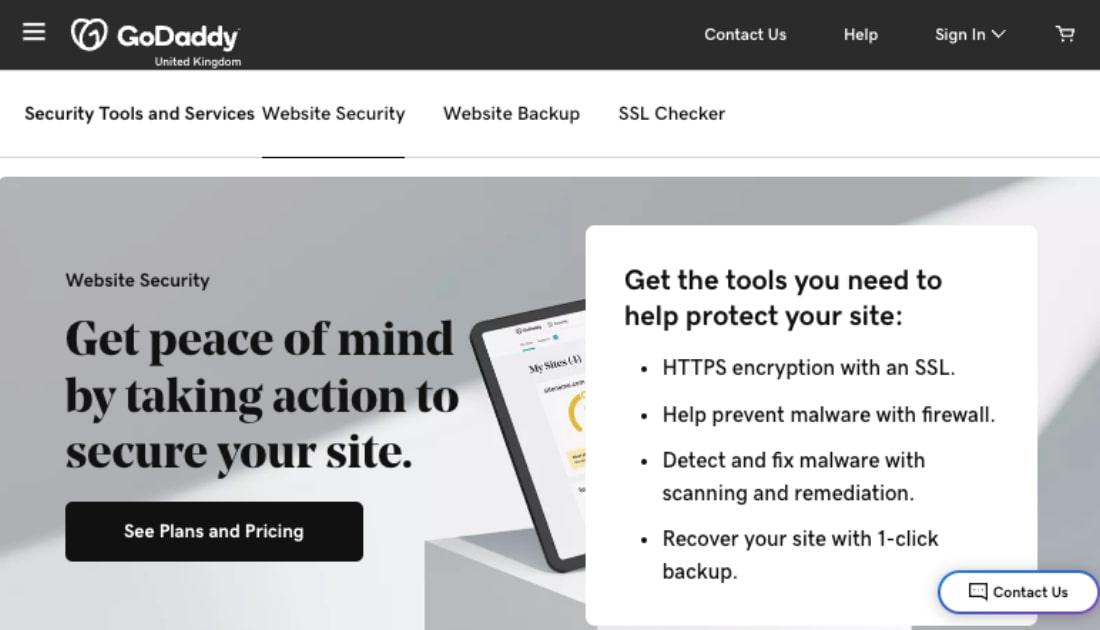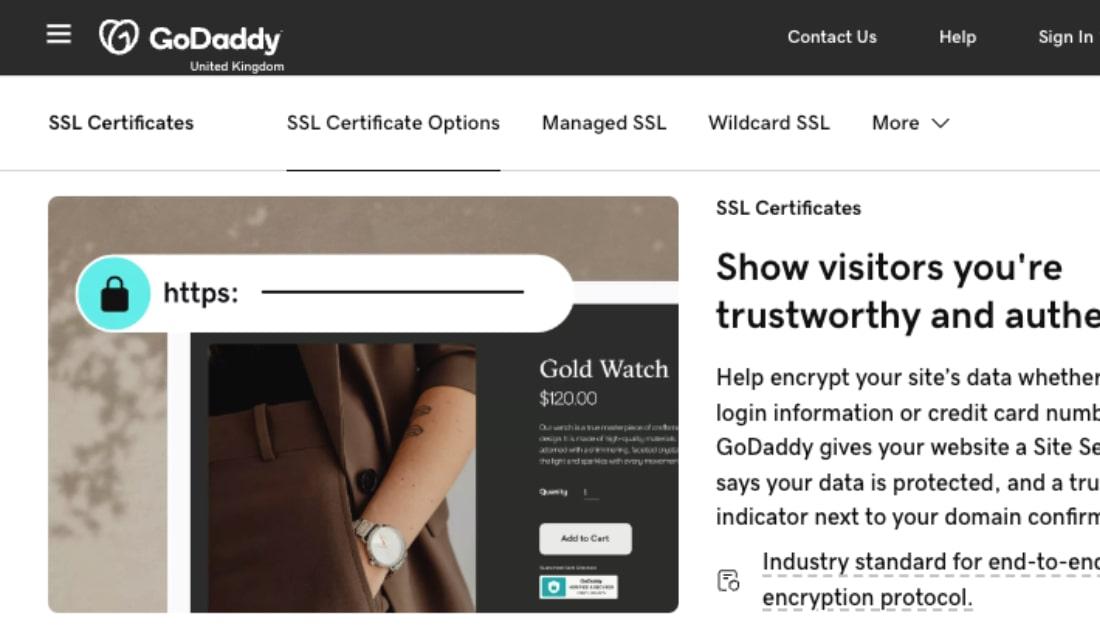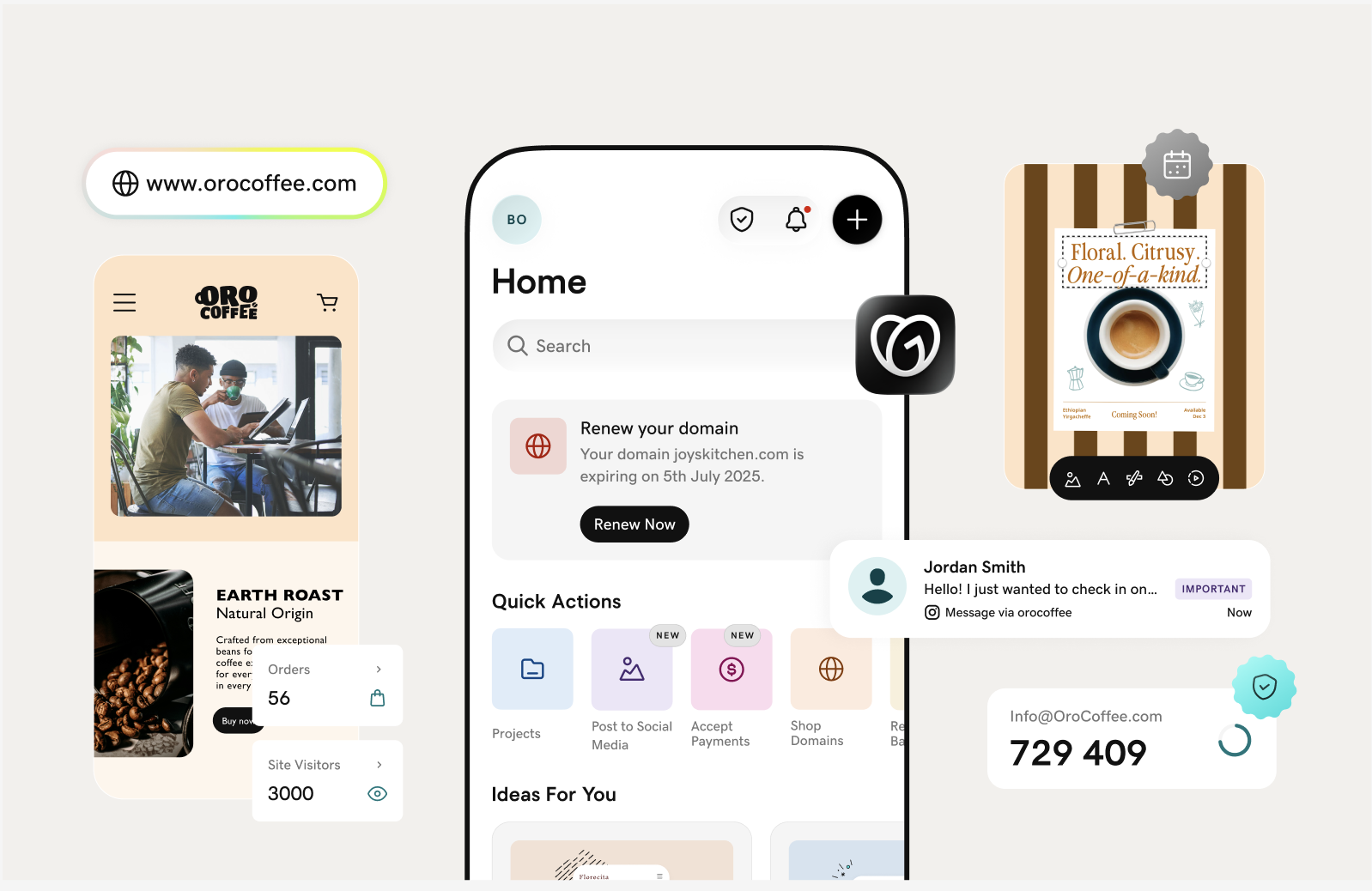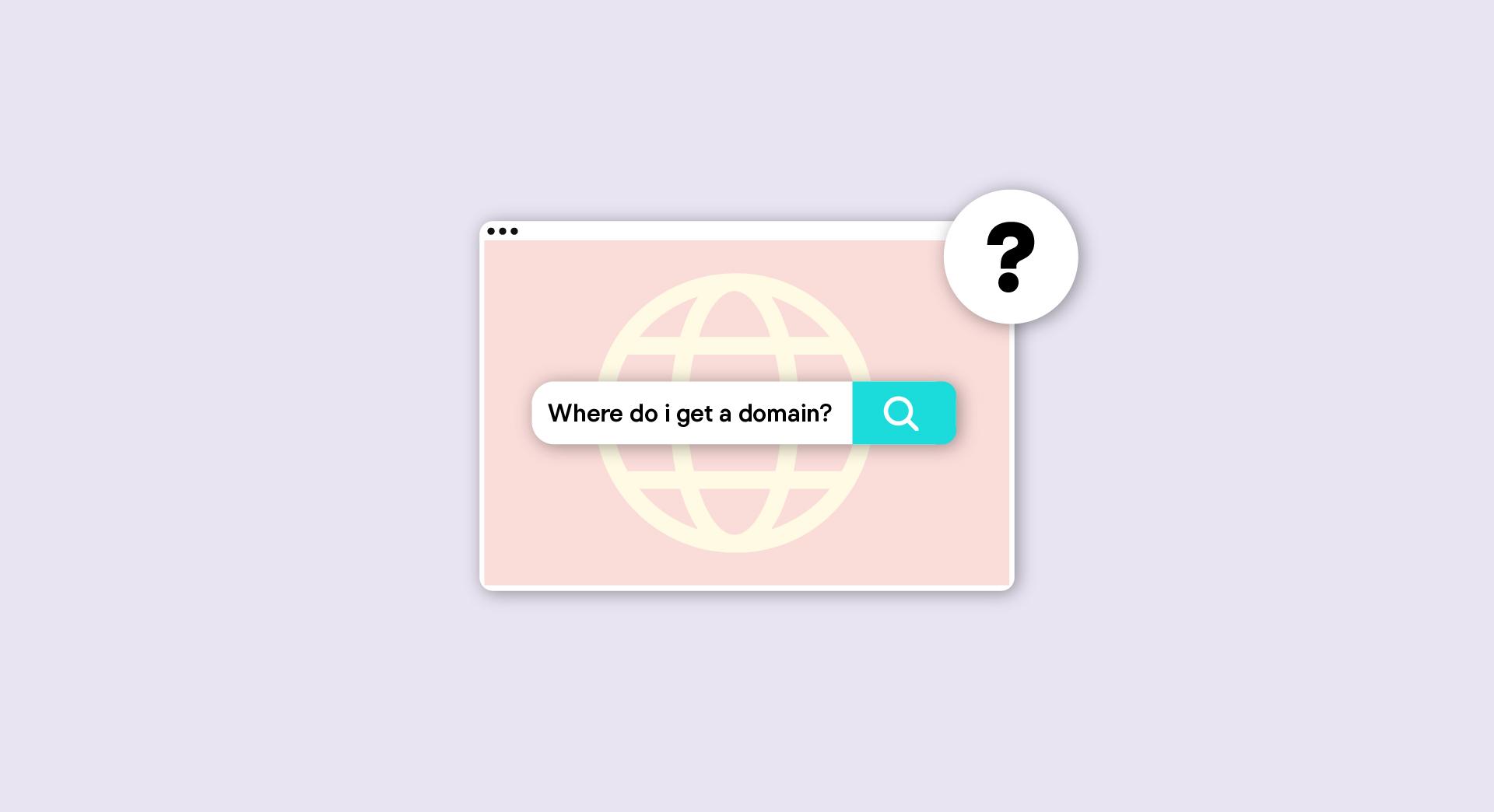Big hacking attacks make big headlines, but often it’s smaller, unreported attacks that cause heartache for business owners.
According to new research by GoDaddy, 34% of UK microbusinesses have been hit by a security incident, with the total cost of such events hitting an estimated £166m.
Almost a quarter of the firms hit by a cyberattack reported financial losses, with 21% suffering a loss of £1,000 or more.
Plus, half of those surveyed said their website had experienced downtime as a result of the hack, with 25% saying their site was offline for up to a week, and 14% seeing an outage of longer than that.
A fifth of businesses who had fallen victim to such an attack worry that their reputation has taken a negative hit because of it.
Furthermore, 15% of consumers said they would stop shopping with a business that experienced a security breach, while 47% said it would reduce the chances of buying from them again.
It also seems the average small business owner is unprepared for a cyberattack, with 59% saying they don’t have website protection in place.
“No business, regardless of its size, is entirely safe from the risk of security threats, but those smaller in size arguably have more to lose,” said Ben Law, head of GoDaddy UK and Ireland.
“With the right tools and solutions in place, it’s possible to further protect your online business and company and customer data,” he added.
“Our Website Security tool and SSL Certificates are designed to help microbusinesses protect their websites, and the transmission of data, as well as to help safeguard against service issues associated with security threats.”
Quick tips for good online security
As well as using a website security tool and SSL certificate, there are other steps small businesses should take to stay safe online.
Here are just some of the simple steps you can take to reduce your chances of being a victim of a cyberattack.
Maintain good password practises
Use a complex, unique password for everything you log into and don’t share passwords with other people. A password manager can help you keep track of things.
Be wary of unexpected emails
An unexpected email asking you to log into your account could be a phishing email, so be wary. If you think you do need to take action, don’t click a link in the email – instead, visit the website of the business in question, log into your account from there and check if there’s anything you need to do.
Keep software up to date
Software updates often include security patches. If you don’t keep your software up to date then you are at increased risk of being hacked.
Make backups
Backing up your data won’t protect you from a hacking attack, but it can make it easier to recover from one.
Want to learn more about keeping your online business safe? This guide goes into more detail about website security, the threats to look out for and how you can protect yourself.
You can also take this online security quiz to learn more about what you need to do to protect your website.








